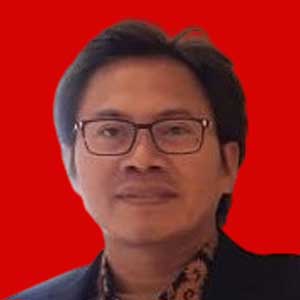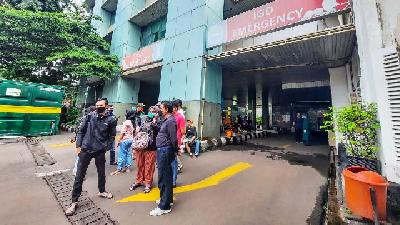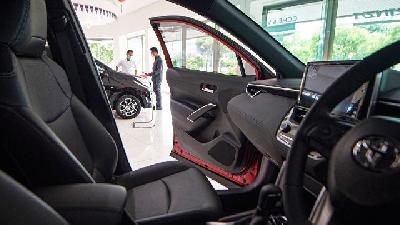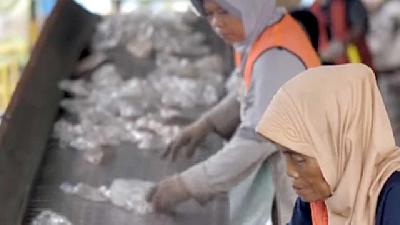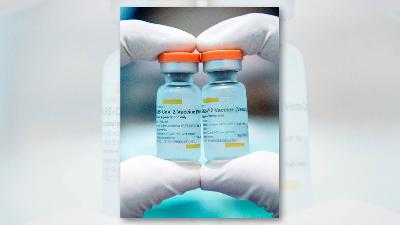From Scavenger Cooperatives to Wholesale Stores
Monday, February 22, 2021
Food manufacturers are innovating to reduce plastic bottle waste. Some maximize the use of recycled materials, while others support the community in its waste management.
arsip tempo : 171419175765.
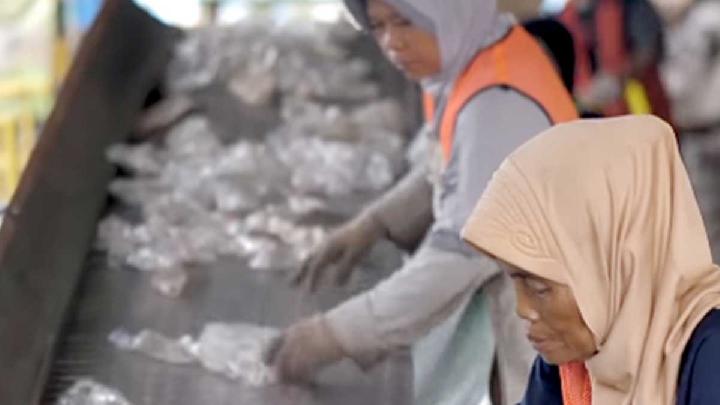
FIVE days a week, Juleha collects and processes plastic bottle waste for the Pemulung Berdaya Cooperative in South Tangerang, Banten. At the beginning of the Covid-19 pandemic, this cooperative lost some business due to protests by residents who were worried about being infected by garbage from the red zone—an area with a high rate of coronavirus infection—even though all the plastic waste has been sprayed with disinfectant. “Th
...
Subscribe to continue reading.
We craft news with stories.
 For the benefits of subscribing to Digital Tempo, See More
For the benefits of subscribing to Digital Tempo, See More



